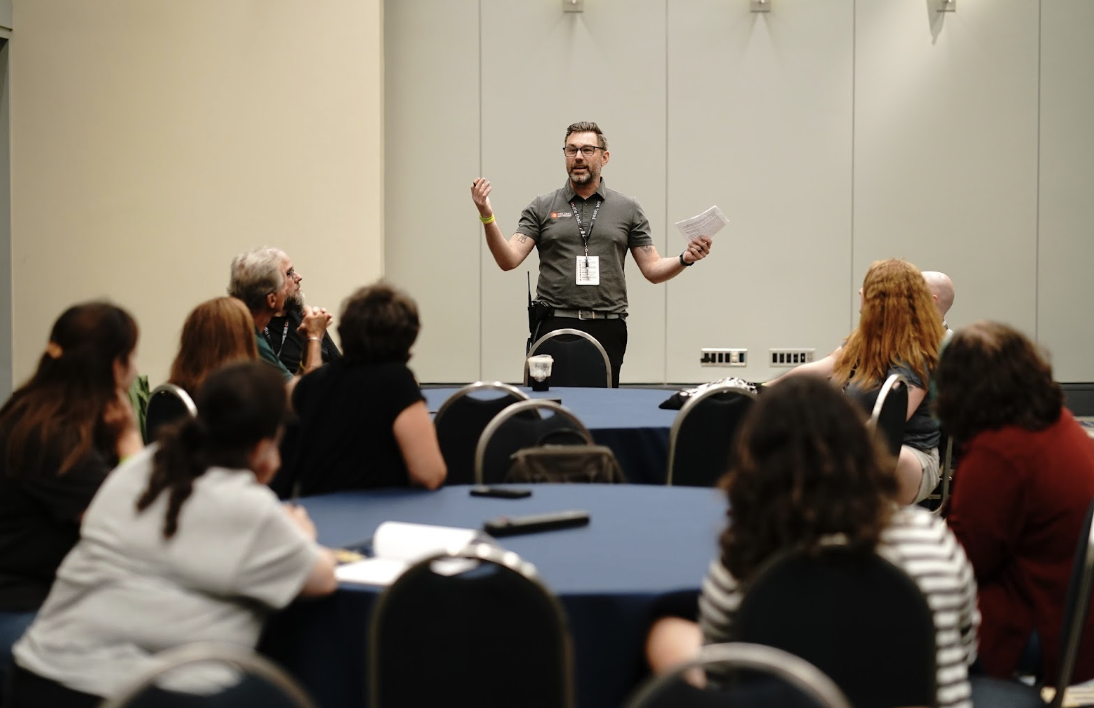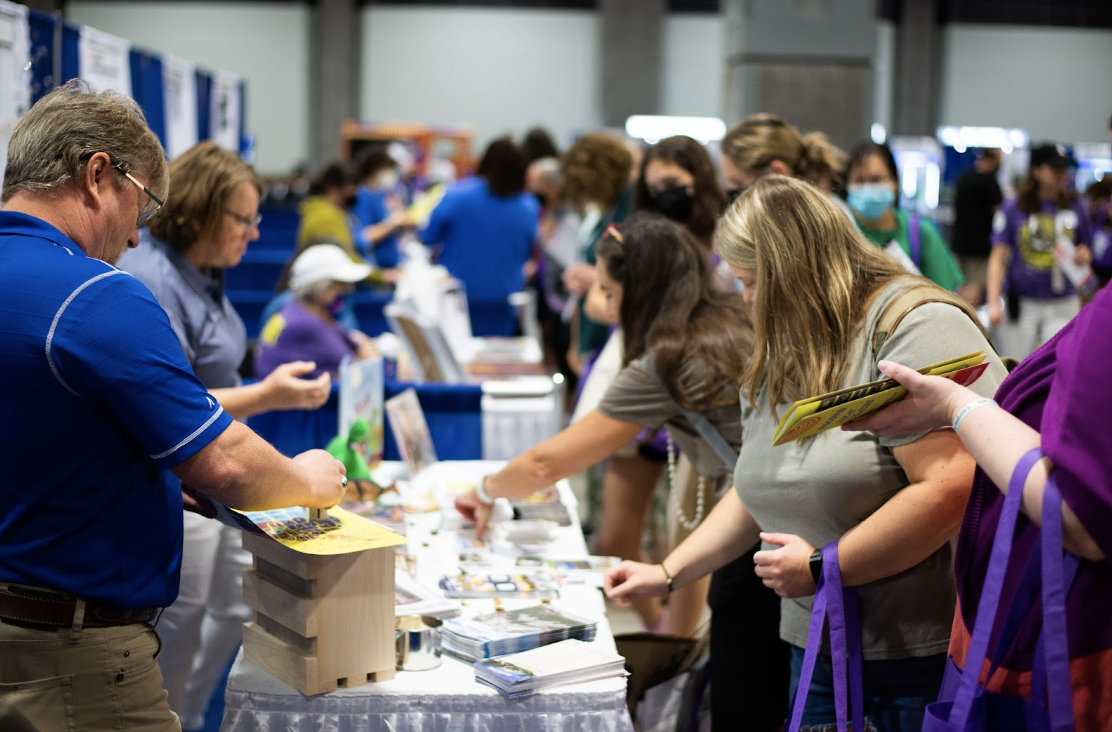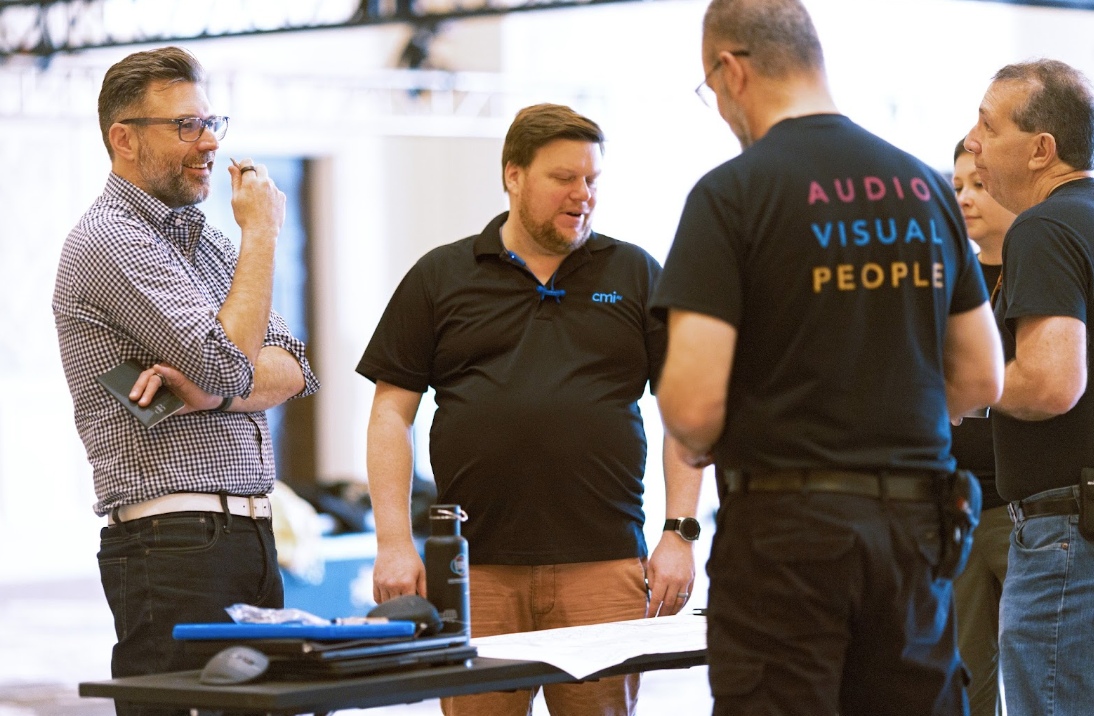EVENT INDUSTRY
We love mobile tours around here and have been part of quite a few over the years. Mobile Tours, for the uninitiated, are essentially traveling events and can take on many forms and involve many different type of vehicles, including tour coaches, equipment transport, buses, food trucks, custom fabricated vehicles, SUVs and trailers the whole deal.
That being so, many of the Department of Transportation (D.O.T.) regulations that govern mobile tours can be confusing, and we wanted to take the opportunity to pass along a few of these important rules for a safe mobile tour. If you re considering hiring a mobile tour operator yourself, it s best to check that they re familiar with the current regulations.
Is your tour subject to the regulations?
Most of the tours that we produce are subject to D.O.T regulations. While there are operators out there that disregard this, it is important for you to understand if your tour is subject to these regulations. If your tour includes the operation of any single vehicle, or combination of vehicles (truck & trailer) that weigh in excess of 10,000 pounds moving across state lines while conducting commercial operations, you will need a D.O.T. number, and will need to comply with all applicable Federal Motor Carrier Regulations. The penalties for non-compliance can get pretty nasty.

Custom cookie truck for the Doubletree by Hilton mobile tour
Hours Of Service
Hours of Service refers to the maximum number of hours a professional driver can work in any given week, for how many consecutive days, and how many rest periods are required. The regulations also make a distinction between drivers that are carrying property, and drivers that are carrying passengers.
Hours of Service is one of the most important safety factors on tour, and this is by far the most abused and disregarded element of all the regulations. This is particularly important for mobile tour producers to know, as the Hours of Service regulation applies not only to driving hours worked by the driver, but any additional hours worked by a driver on non-driving tasks. We understand that on most mobile tours, the driver is typically involved in the setup and production of the event, and we know those hours add up fast, so it s important to keep a strict eye on
Keeping correct Hours of Service is a process that begins in the route planning phase, making sure that the tour stops are spread out enough to be able to comply with the rules. On July 1, 2013 the regulations regarding drivers work hours changed for the first time since 2003. The changes reduced the amount of time a driver can work in a 7-day week and also defined egregious violations of maximum driving time which now call for the maximum civil penalties for violators (this could include jail time for company owners that permit or allow violations to occur).
11 Hour Driving Limit: A Driver can only drive a max of 11 hours after 10
off duty
14 Hour Limit: A driver may not drive after they reach 14 hours. This includes the time the driver is used to set up and tear down a mobile tour.
60/70 Hour On Duty Limit: A driver may not drive after 60/70 hours in 7/8 consecutive days. The 34 hour reset may only be used once per week and needs to include (2) 1am-5am overnights.
You can download the official info sheet below for basic reference. Please use the FMCSA rules in their entirety for the details necessary to operate.
Download New Regulations (PDF)
More things to keep in mind
Driver Qualification Files
DQFs must be completed and on hand at the tour operator s location. These files must include background checks, driving records, medical certificates, drug screens and more.
Vehicles & Maintenance Records
Check that your tour operators and tour producer are completing their daily vehicle inspections, and that they have proof that certain repairs were performed by a qualified repairman (and yes, the regulations define how a repairman is qualified). Other requirements include fire extinguishers, warning triangles, and other safety gear.
Proof of Insurance
Ya gotta have insurance! But not only must the tour operator maintain a certain level of financial responsibility, the coverage must be registered with the Federal Motor Carrier Safety Administration Licensing & Insurance Division (talk to these guys) and the evidence of coverage must be shown on a specific form called the MCS-90.
And they re gonna check that you re doing what you say you re doing, too. The Federal Motor Carrier Safety Administration also conducts new entrant compliance audits within 18 months of obtaining your D.O.T. number. Audits can also be conducted for other reasons, like when problems are found during roadside inspections.
Companies must be able to prove they have an effective set of policies and procedures which promote compliance otherwise they can face fines in excess of $11,000 per violation.
The best approach is to remember the old adage an ounce of prevention is worth a pound of cure . Take the time to be sure both your operation and your agency is within the regulatory guidelines and you can rest a little easier and pay more attention to your customers.







